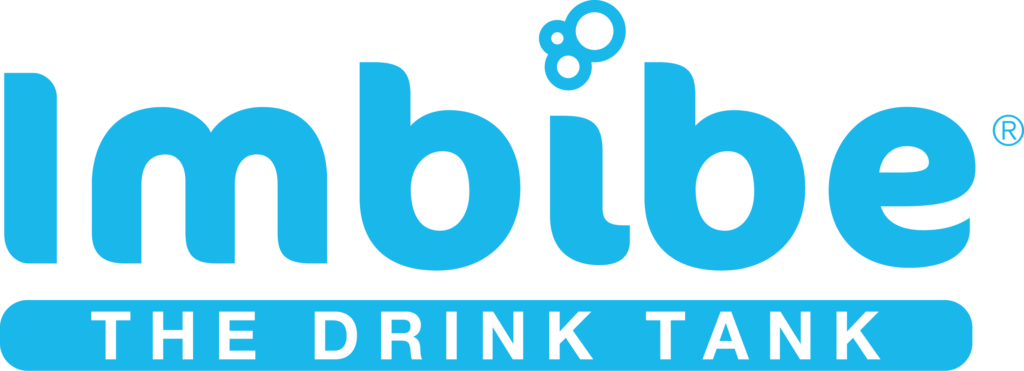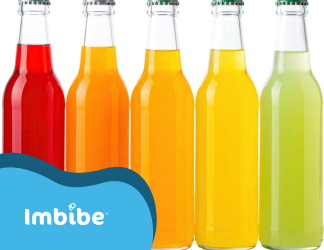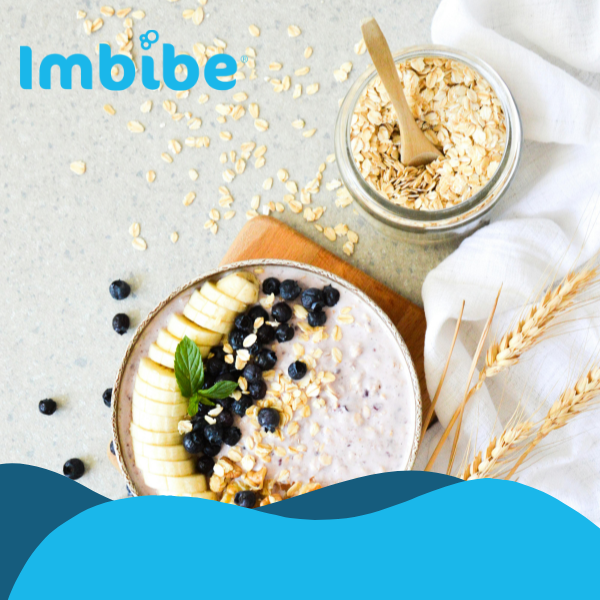Beverage development expert Imbibe (Niles, IL) sees lots of ingredients coming to the fore.
One can’t talk about relaxation in the supplements space without mentioning the growing presence of cannabidiol (CBD) in relaxation and sleep products. “CBD really takes the cake here, even though there are still murky regulations at the federal level surrounding this non-intoxicating cannabis compound,” says Ilana Orlofsky, senior marketing manager for Imbibe. She adds, “Pabst launched a THC-infused sparkling seltzer in Q4 of 2020, so we’d be remiss not to mention THC as it starts to penetrate more CPG products—though, of course, the pace will likely be slower as there are significant hurdles with selling products across state lines.”
“Other standouts,” she continues, “include L-theanine (which saw 22% growth in global Google searches in 2020), ashwagandha (which saw the same growth in 2020), and magnesium (somewhat popularized by PepsiCo’s launch of Driftwell).”
Mushrooms are also gaining. “Even though medicinal mushrooms are touted for a variety of benefits (cognitive, heart, immune support), different combinations of ingredients support different need states,” Orlofsky says. “The most common mushrooms making their way across beverage categories, including calming products, are reishi, chaga, cordyceps, lion’s mane, and turkey tail.”
Other adaptogens besides ashwagandha and mushrooms are also getting in on the action. “Many others seem to be equal in reception and prevalence,” Orlofsky says. “This includes tulsi/holy basil, Rhodiola rosea, schisandra, maca, and moringa—though moringa may be starting to gain a bit more traction.”
Read the full article on Nutritional Outlook.



